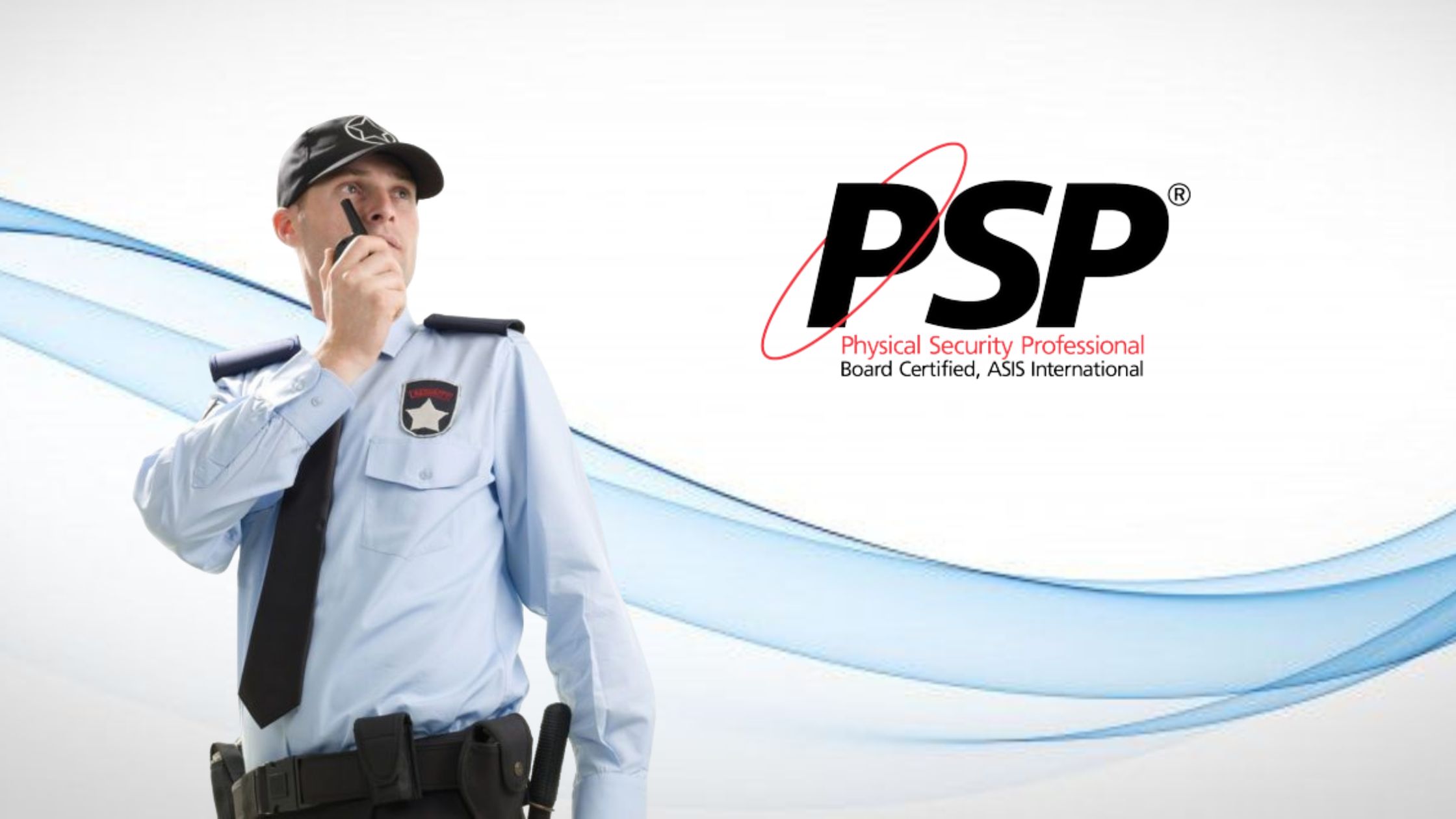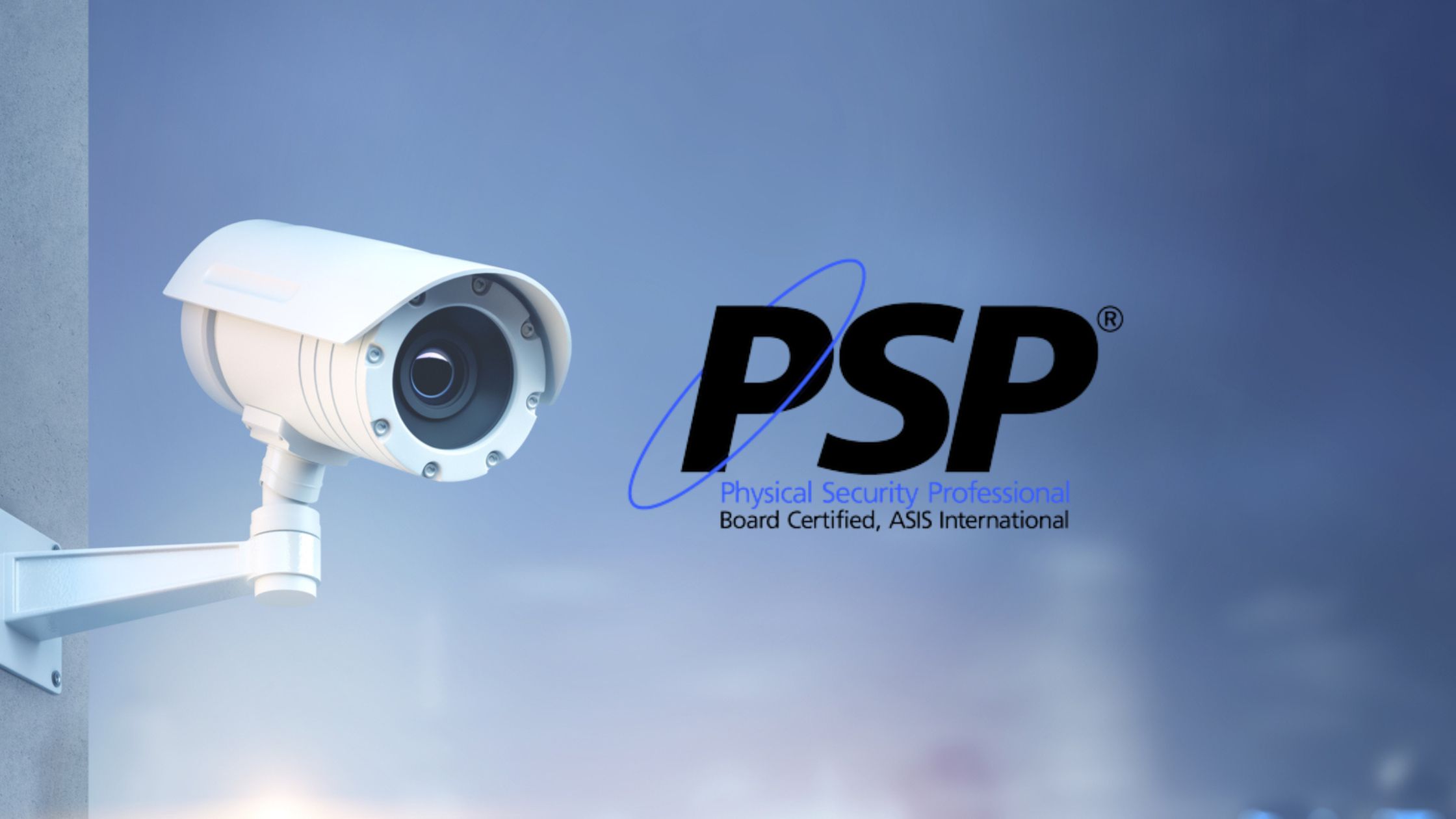Master physical security with ASIS PSP Certification in New York. Learn prerequisites, exam domains, and career advancement to become a Physical Security Professional.
In the increasingly complex world of asset protection and risk management, the demand for verified, expert security professionals is paramount, especially in a dynamic metropolitan center like New York. The infrastructure, high-value commerce, and dense population of New York City and its surrounding areas necessitate the highest standard of physical security planning and execution. This is why the PSP Certification in New York has become the benchmark credential for those looking to advance into elite security management roles.The Physical Security Professional (PSP) certification is a globally recognized designation offered by the American Society for Industrial Security (ASIS) International. It signifies that the holder possesses the mastery of designing, assessing, and implementing comprehensive physical security solutions. For professionals in the Tri-State area, obtaining this credential is a powerful catalyst for career progression, demonstrating not only extensive experience but also a standardized, codified knowledge of best practices in the field.
Understanding the PSP Credential: What is the PSP Meaning in Security?
When discussing security credentials, understanding the psp meaning in security is the crucial first step. PSP stands for Physical Security Professional. It is a certification specifically designed to validate an individual's expertise in the non-IT elements of security, focusing on the protection of assets, facilities, personnel, and information from physical threats. This includes everything from natural disasters and vandalism to sophisticated criminal acts and terrorism.The certified PSP is a recognized authority capable of conducting thorough threat surveys and risk analysis, selecting and integrating appropriate physical security measures, and managing complex security programs. This credential confirms a professional's proficiency in a core security trifecta: assessment, application, and implementation.The comprehensive knowledge validated by the PSP certification is indispensable in New York, where security threats can range from protecting sensitive financial data centers in Manhattan to securing expansive logistical hubs across Long Island. The training ensures professionals are equipped to:
- Figure out and assess all potential risks to a company's physical assets and employees.
- Develop robust security programs that plan for every possible scenario, including the necessary gear, software, and personnel.
- Ensure all safety steps are compliant with local, state, and federal regulations.
- Tackle complex problems and brainstorm innovative, fresh security solutions.
The Foundational Domains of Physical Security Mastery
The ASIS PSP exam is structured around three core domains, with a specific weighting that dictates the focus of both the preparation and the professional's eventual expertise. This weighting emphasizes the importance of design and application, ensuring certified professionals are not just analysts, but architects of security systems.
1. Physical Security Design and Applications (40%)
This is the largest domain, underscoring the necessity for PSPS to be experts in creating effective, measurable security solutions. This domain covers the technical capabilities and system design capacity needed to protect assets. Key topics include:
- Integrated Physical Security Measures: Selecting and designing the perfect mix of technology (e.g., access control, CCTV, intrusion detection), procedures, and personnel.
- System Implementation: Understanding the technical aspects of installing, integrating, and maintaining security hardware and systems.
- Compliance and Regulations: Ensuring the security design adheres to all relevant codes, standards, and governmental policies, a particularly complex task in New York's highly regulated environment.
2. Physical Security Assessments (33%)
The foundation of any effective security program is a thorough assessment. This domain covers the necessary steps for inventorying assets, evaluating risks, and conducting comprehensive threat surveys. A PSP must be able to identify weak spots, calculate the probability of specific threats, and determine the potential impact of those threats to justify security spending effectively. This includes situational analysis and defining success metrics for the entire security plan.
3. Physical Security Integration (27%)
Security doesn't operate in a vacuum. This domain focuses on the effective integration of the security measures with the organizational structure and human resources. It includes creating detailed post orders for security staff, managing security awareness training for all employees, and professional development for the security team. It bridges the gap between technology, procedures, and the human element to create a cohesive protective environment.
PSP Training and Career Advancement in New York
The pathway to earning the PSP certification often begins with specialized training tailored to meet the rigorous demands of the ASIS exam. In New York, institutions like the NYTCC (New York Training Center and Certifications) offer focused ASIS-PSP training that is crucial for success. These programs delve deep into the key areas of access control, surveillance systems, and security rules, providing real-life examples relevant to the urban landscape of New York.Target Audience and Prerequisites:The certification is designed for security professionals with established experience. The official prerequisites require candidates to have three to five years of experience in physical security, depending on their education level (a bachelor’s degree or higher requires less experience). Target roles that benefit immensely from this certification include:
- Physical Security Managers and Directors
- Facility Managers and Security Consultants
- Loss Prevention Specialists
- IT Security Professionals who manage physical security layers
- Law Enforcement and Government Personnel
Career Trajectory and Salary Potential:The PSP certification acts as a powerful differentiator in the competitive New York job market. Once certified, professionals become highly sought after for senior roles such as Physical Security Manager, Security Consultant, or Security Director. This expertise translates directly into increased earning potential. According to ASIS data, while the average annual salary for security professionals is high, the median compensation for those with a PSP qualification is approximately $102,000, with the average salary climbing to around $113,000, reflecting the value placed on this specialized knowledge. This credential provides a clear path to climbing the career ladder and gaining significant respect in the field.
Eligibility and Examination Logistics
Before enrolling in a focused training program or applying for the exam, candidates must confirm they meet the ASIS prerequisites and agree to follow the ASIS Code of Conduct and ethical rules.
| Exam Components | Details |
| Exam Type | Multiple-Choice Questions (MCQs) |
| Number of Questions | Typically between 125 questions |
| Time Limit | Approximately 2-3 hours |
| Passing Score | Varies, but typically around 70% |
The examination cost involves two parts: an application fee and an exam fee. The total cost is notably lower for ASIS members, emphasizing the benefit of joining the society:
- ASIS Members: The total fee is significantly reduced.
- Non-Members: The total investment for the application and examination is higher, typically totaling over $1300 (as per the application and exam fee components).
Frequently Asked Questions (FAQs)
Q1: What is the primary focus difference between PSP and CPP?A: The PSP focuses exclusively on Physical Security design, application, and assessment. The Certified Protection Professional (CPP) is a broader, executive-level certification covering all aspects of security management, including physical security, investigations, and security principles and practices.Q2: How often must I renew my PSP Certification?A: The PSP certification must be renewed every three years by completing 60 Continuing Professional Education (CPE) credits. This ensures that certified professionals stay current with the latest trends and technologies, a critical requirement given the rapid evolution of security technology.Q3: Can I take the PSP exam without prior training in New York?A: Yes, you can. The training is not mandatory but is highly recommended. Given the complexity of the domains and the experience requirements, a structured PSP training course, such as those offered by New York providers, significantly increases the likelihood of passing the challenging exam on the first attempt.Q4: How important is the psp meaning in security compared to IT certifications like CISSP?A: They address different threat landscapes. CISSP focuses on Information Security (cyber threats, data protection). PSP focuses on Physical Security (threats to people, property, and physical assets). Both are vital, but the PSP is the authoritative standard for those dedicated to tangible asset protection.
Conclusion
The PSP Certification in New York is far more than just a title; it is a demonstration of comprehensive expertise in a field vital to global business continuity and safety. Earning the Physical Security Professional designation is a strategic move for any security practitioner seeking to climb to the highest ranks of their profession, particularly within the demanding and sophisticated market of New York.By successfully completing rigorous training and passing the ASIS exam, you affirm your capability to develop sophisticated security programs, manage complex systems, and ensure total compliance—making you an invaluable asset to any organization. If your career goal involves leading security operations, managing risk, and protecting critical infrastructure in one of the world's most important economic centers, enrolling for PSP training today is the definitive next step.


